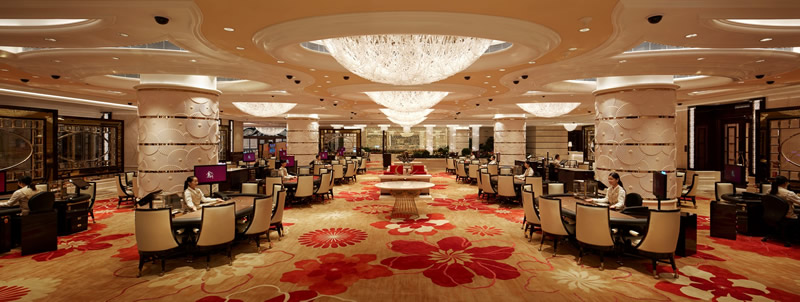Macau’s VIP Gaming industry is likely to suffer a significant slowdown in growth through 2017 as China tightens its monetary policies and reduces liquidity. So says a report from brokerage Sanford C Bernstein looking at the potential impact of monetary and liquidity tightening on various segments of the Chinese economy.
The report, titled “China liquidity: who are the winners and losers when the tide is going out?”, predicts conditions in China will become less favorable for the VIP segment in 2017 for which liquidity is a key driver. It points to the following factors:
- Junkets extend gaming credit to their VIP customers. Cheaper and more easily available capital in China makes improved junket liquidity and allows greater lending to VIP players
- VIP players may use real estate assets in China as collateral for gaming credit in Macau. Increasing property values (and frequency and speed of property sales) in China helps VIP players obtain additional credit
- Junket agents are more likely to extend gaming credit with a more liquid property market in China (and players may feel “wealthier” and “more liquid” in a stronger property market)
- VIP players have greater access to cash when liquidity is more robust and if liquidity strength drives real estate prices for example, a greater wealth effect is created (players feel richer = more willing to increase betting in the casinos)
“Property prices in China play a critical role in the VIP segment as real estate often is used as collateral of sorts for credit extension and has a major effect on an individual’s notion of wealth,” said Bernstein’s Senior Research Analyst – Global Gaming, Vitaly Umansky.
“Housing prices in China had been recording strong double digit growth in 2016. Real estate prices have continued to show strength going into the end of 2016, however we see signs that the strength in China’s real estate market is slowing, attributed to both cooling measures on real estate in the tier one and tier two cities and tightening monetary policy implemented by PBOC.”







